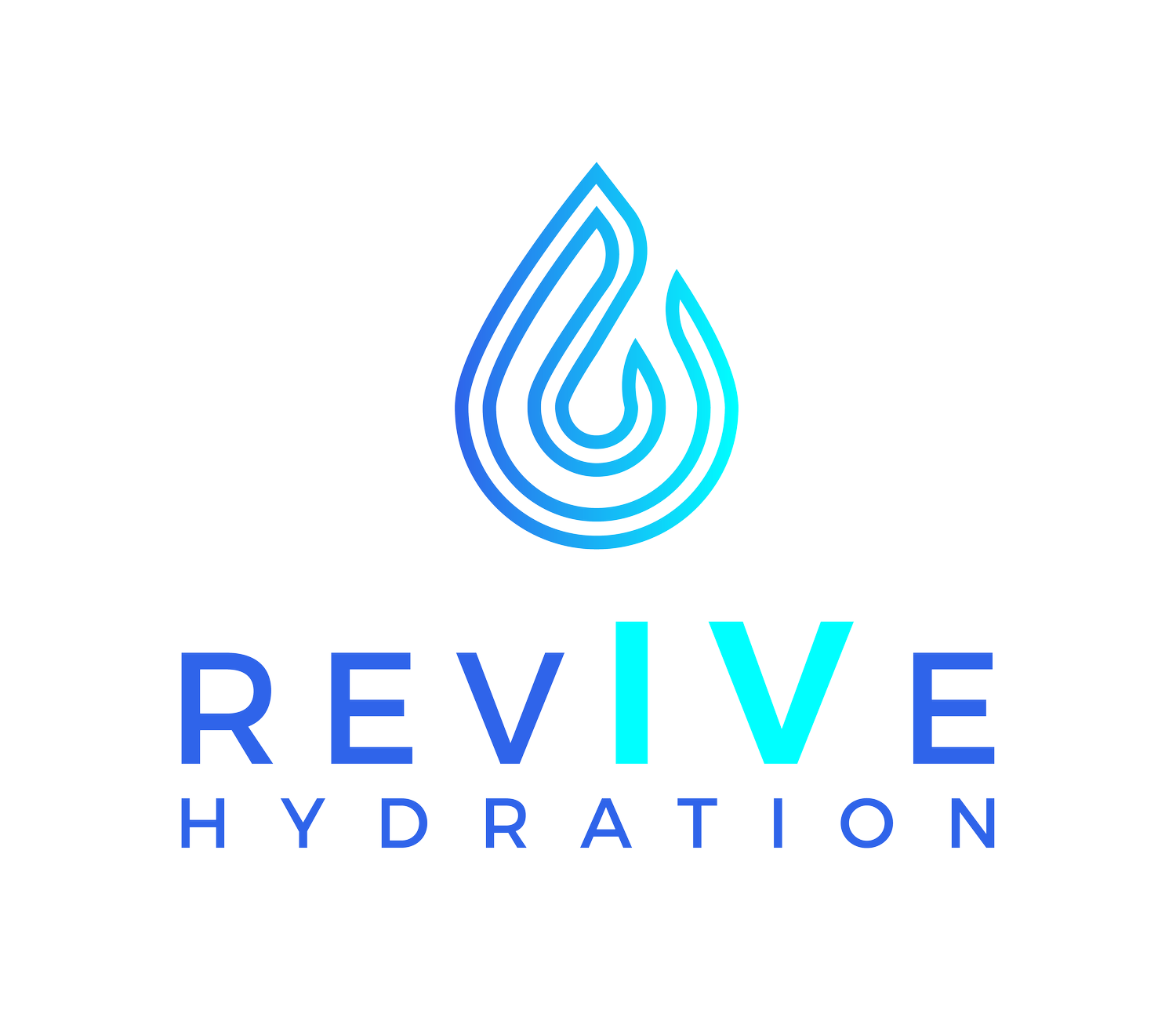IV Hydration vs. Supplements, Injections, and Other Forms of Vitamin Intake: Which One is Right for You?
There are many different reasons to seek to improve your health. In the quest for optimal health and wellness, many people turn to various methods of vitamin intake to boost their immune system, increase energy levels, and improve overall well-being. Among these methods are IV hydration, supplements, injections, and other forms of vitamin intake. In this blog post, we will explore the differences between these methods and help you determine which one is the best fit for your needs.
1. IV Hydration
IV hydration therapy involves administering fluids, vitamins, minerals, and other nutrients directly into the bloodstream via an intravenous (IV) drip. This method bypasses the digestive system, allowing for faster and more efficient absorption of the nutrients. IV hydration therapy has been used for decades in hospitals to treat dehydration and various medical conditions. However, it has recently gained popularity as a health and wellness practice for individuals seeking to improve their overall well-being.
Pros:
Immediate and efficient absorption of nutrients
Bypasses the digestive system, reducing the risk of gastrointestinal side effects
Can be customized to meet individual needs and preferences
Cons:
Requires a trained professional to administer the treatment
Can be more expensive than other methods of vitamin intake
2. Supplements
Supplements are oral forms of vitamins and minerals that can be taken in pill, capsule, or liquid form. They are widely available and can be purchased over-the-counter at most pharmacies and health food stores.
Pros:
Convenient and easy to take
Wide variety of options available to suit individual needs
Generally more affordable than IV hydration therapy
Cons:
Slower absorption rate compared to IV hydration
Most oral vitamins & supplements are flushed down the toilet. Your body only absorbs 20% of the vitamins you take orally—the rest is wasted.
Nutrient absorption can be affected by individual digestive system health
Some supplements may cause gastrointestinal side effects
3. Vitamin Injections
Vitamin injections involve administering vitamins and minerals directly into the muscle via a needle. This method allows for faster absorption compared to oral supplements but is not as fast as IV hydration therapy.
Pros:
Faster absorption rate compared to oral supplements
Can be customized to meet individual needs and preferences
Cons:
Requires a trained professional to administer the treatment
Can be more expensive than oral supplements
Some individuals may experience discomfort or pain at the injection site
4. Other Forms of Vitamin Intake
There are also alternative methods of vitamin intake, such as vitamin-infused patches, gummies, and sublingual tablets. These methods may offer varying levels of absorption and effectiveness, depending on the individual and the specific product.
Pros:
Alternative options for those who have difficulty swallowing pills or prefer a different method of intake
Some options, such as gummies, may be more appealing to children or those who dislike the taste of supplements
Cons:
May not offer the same level of absorption or effectiveness as other methods
Limited research on the efficacy of some alternative methods
When it comes to choosing the best method of vitamin intake for your needs, it's essential to consider factors such as absorption rate, convenience, cost, and personal preferences. IV hydration therapy offers the fastest and most efficient absorption of nutrients but may be more expensive and require a trained professional to administer the treatment. Supplements and vitamin injections provide alternative options with varying levels of absorption and convenience. Ultimately, the best choice for you will depend on your individual needs and preferences. Consult with a healthcare professional to determine the most suitable method for your health and wellness goals.

